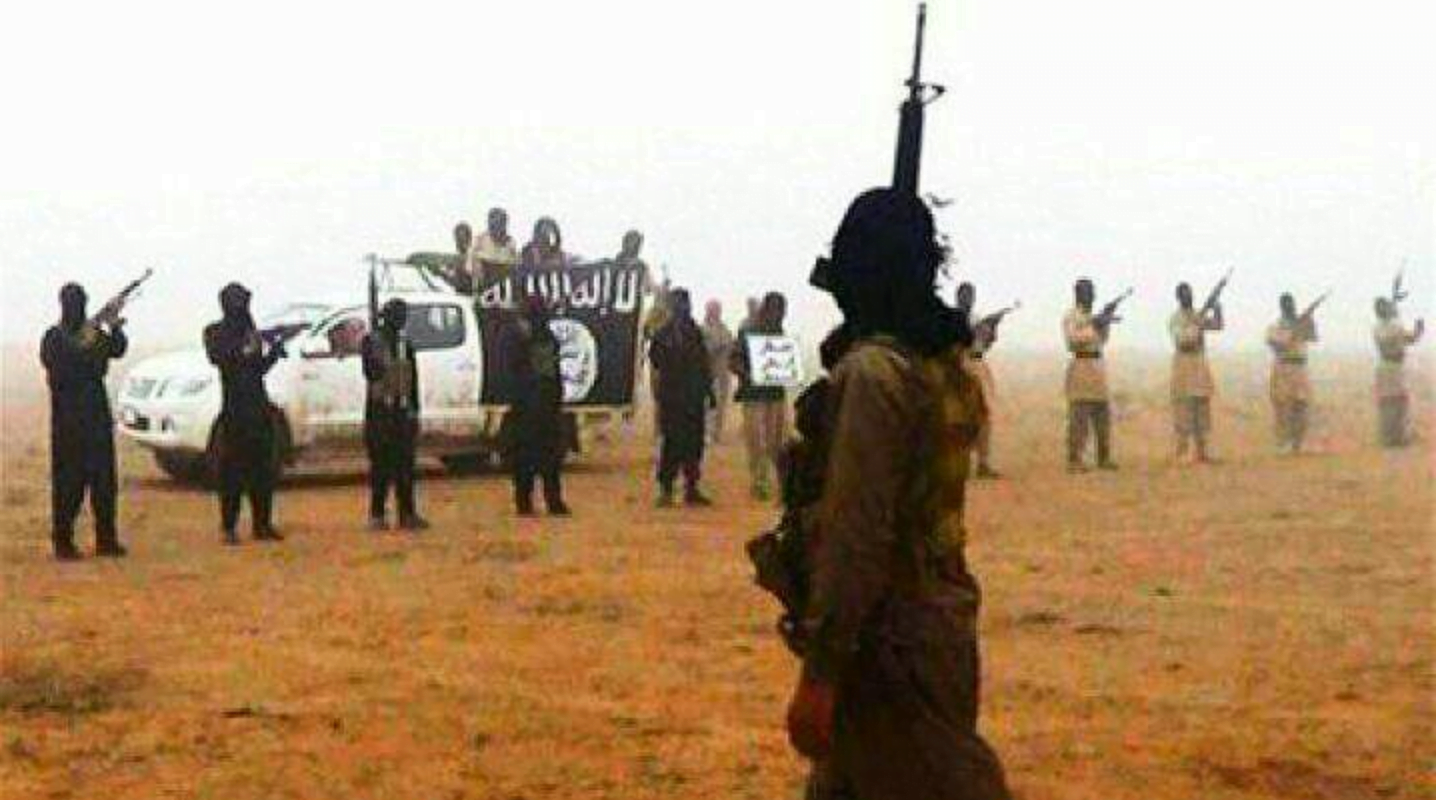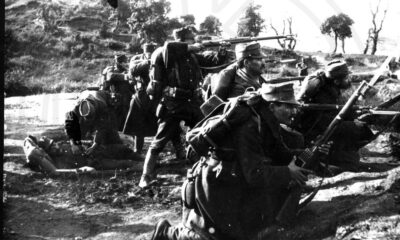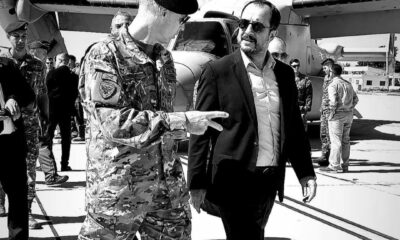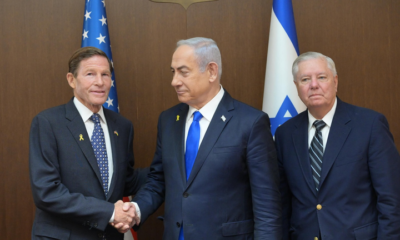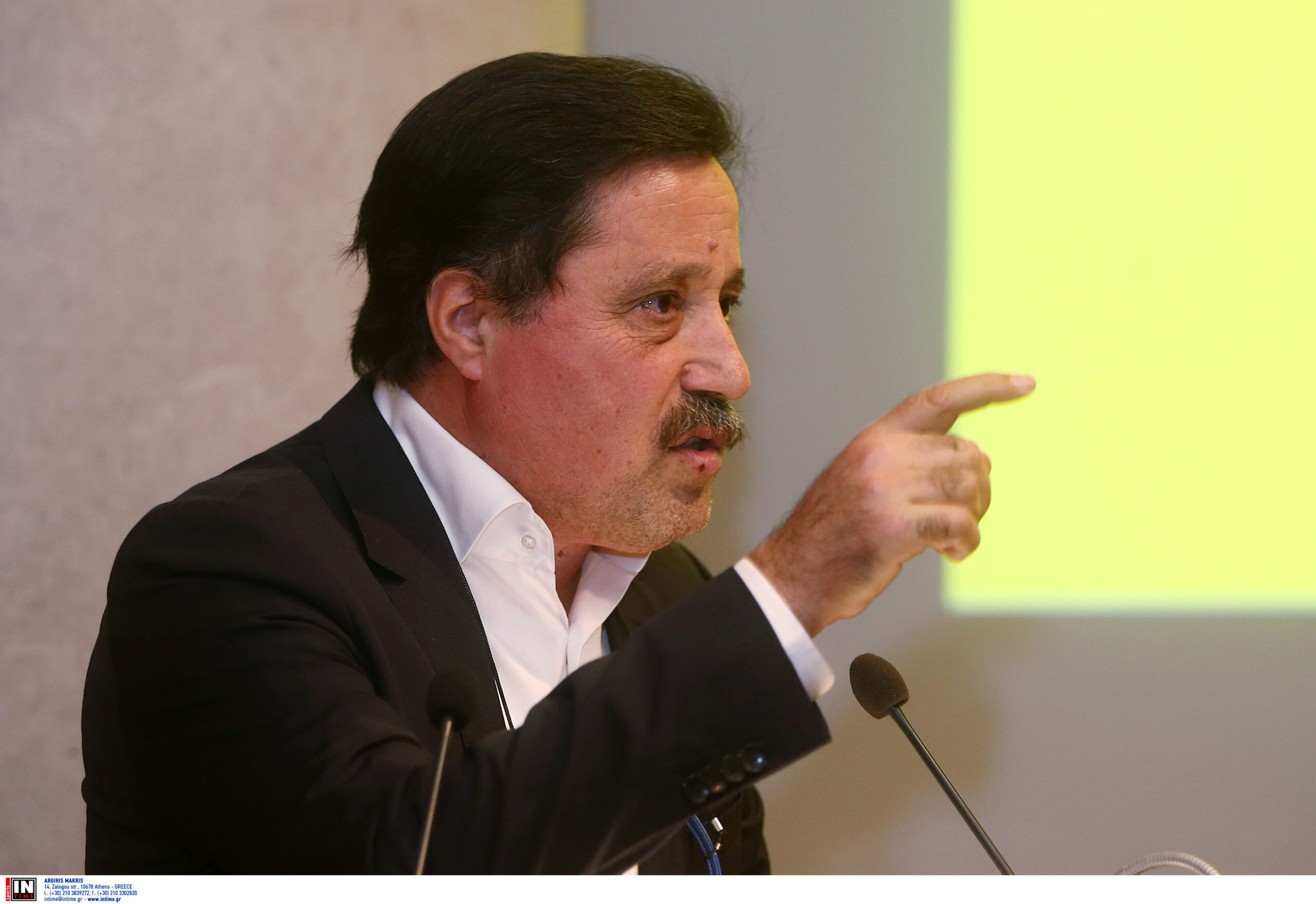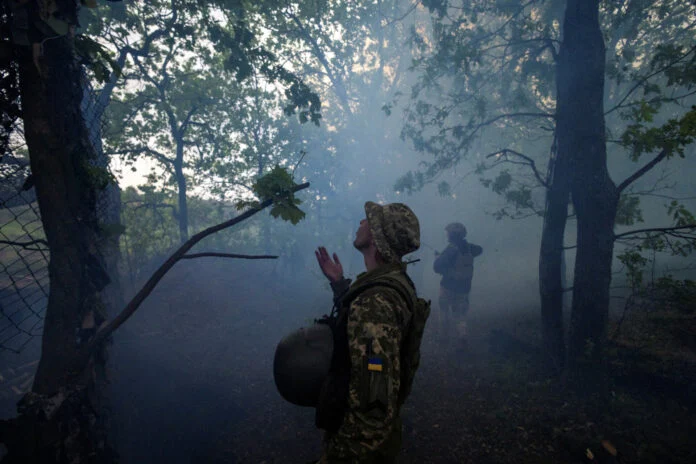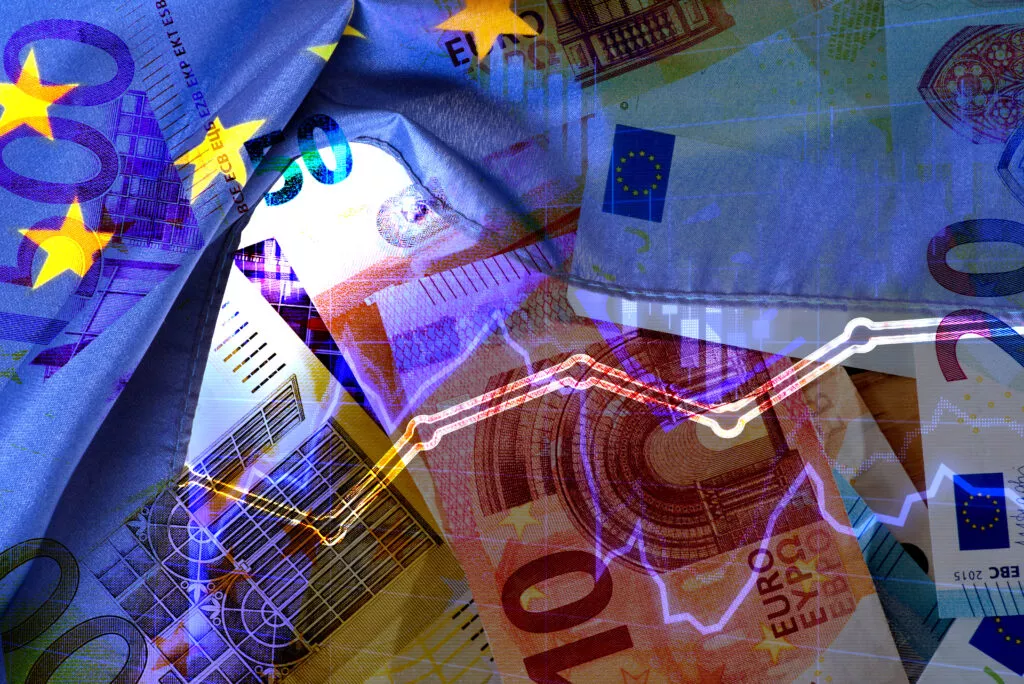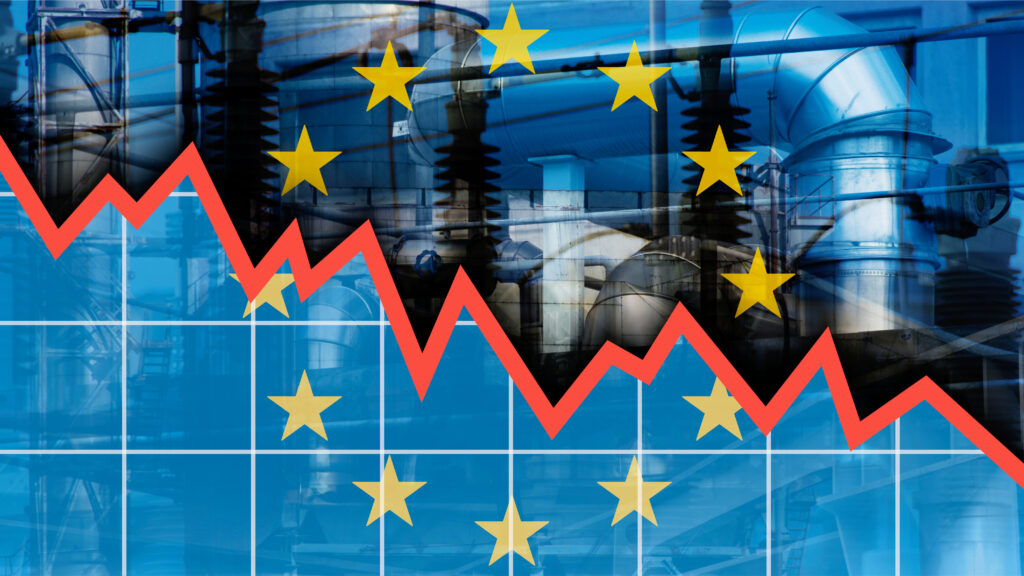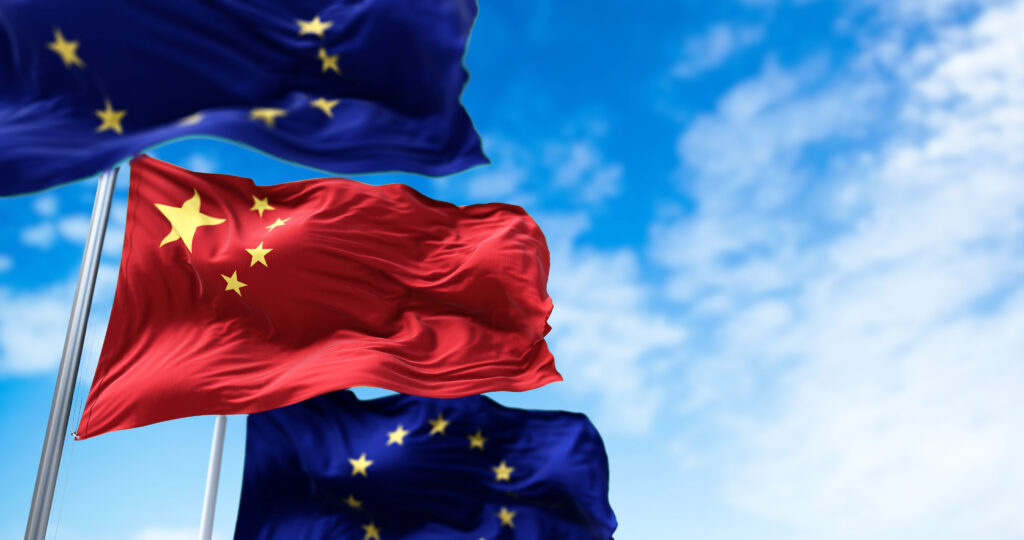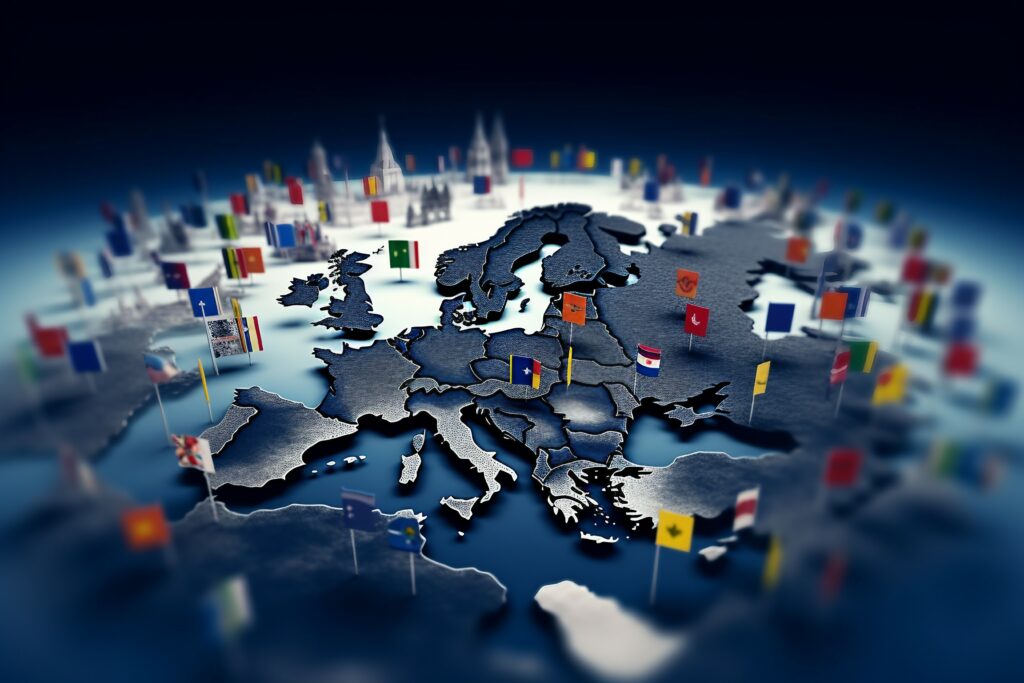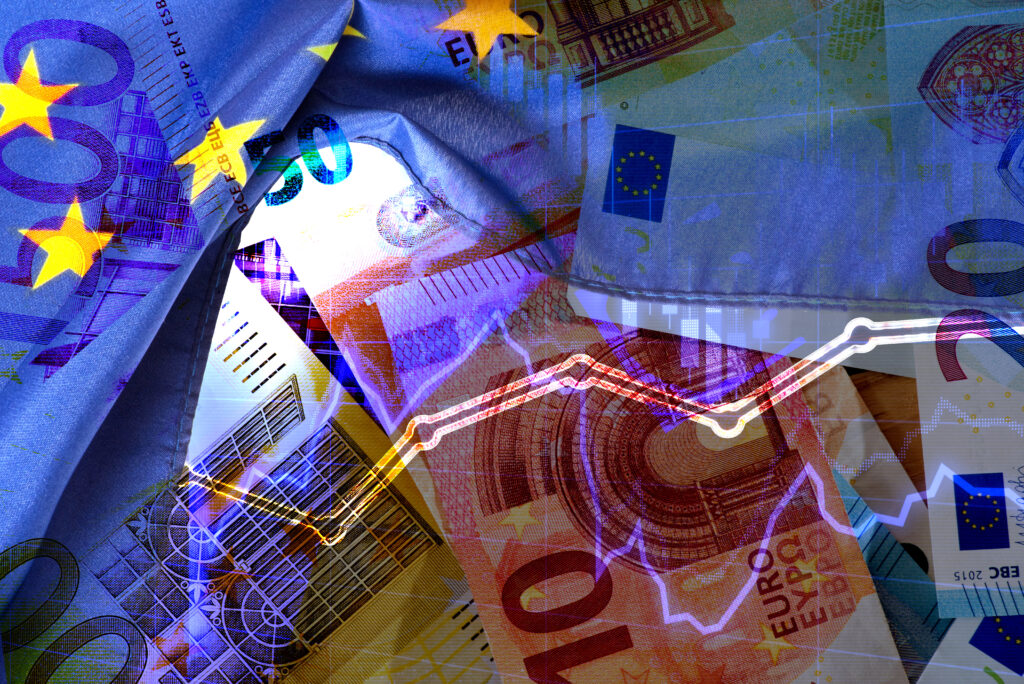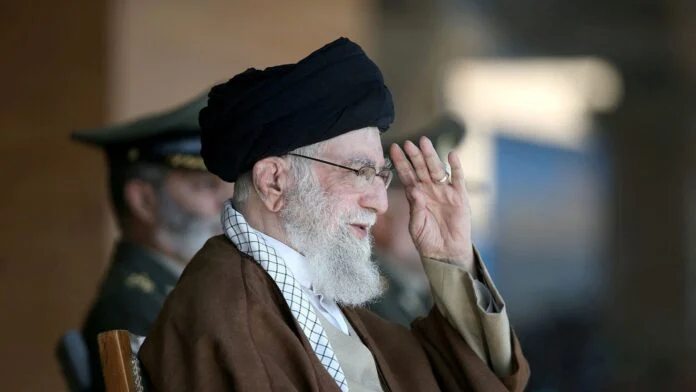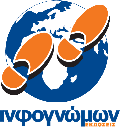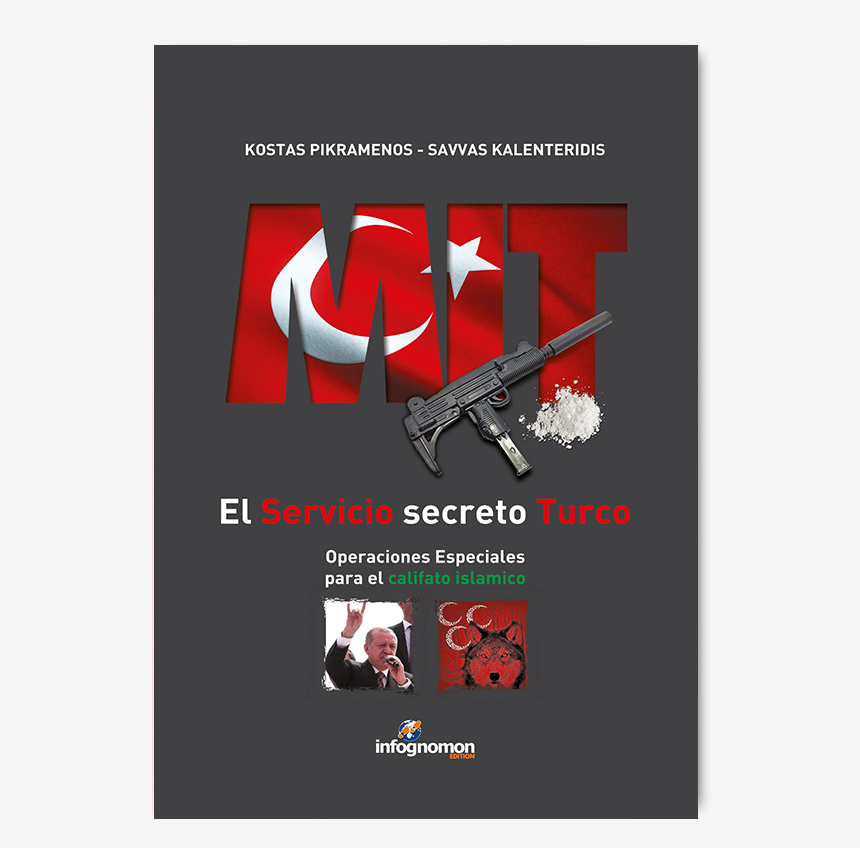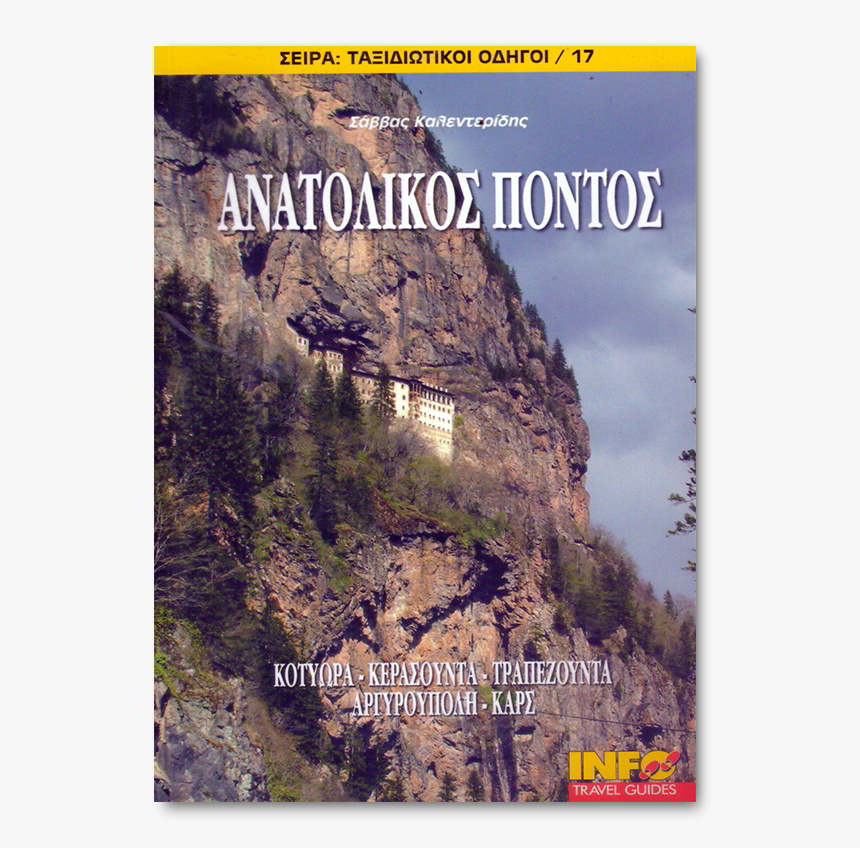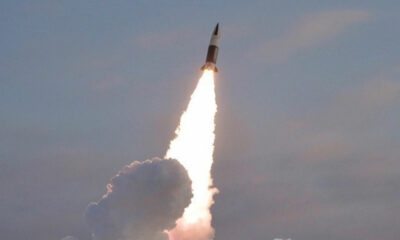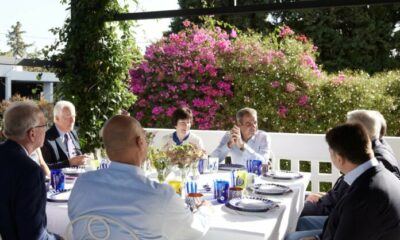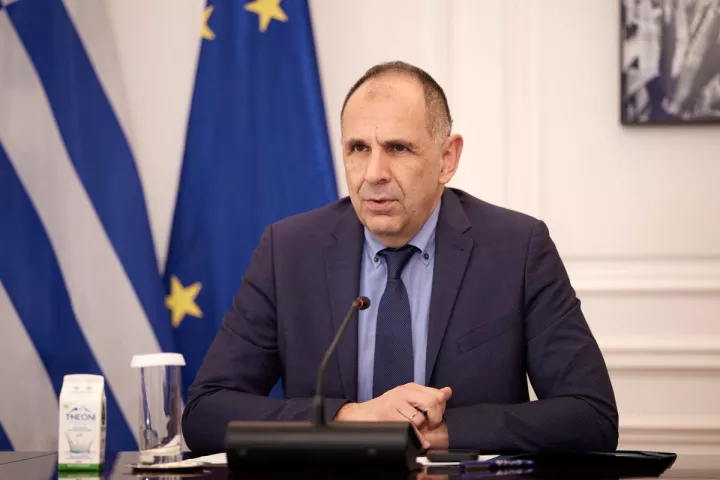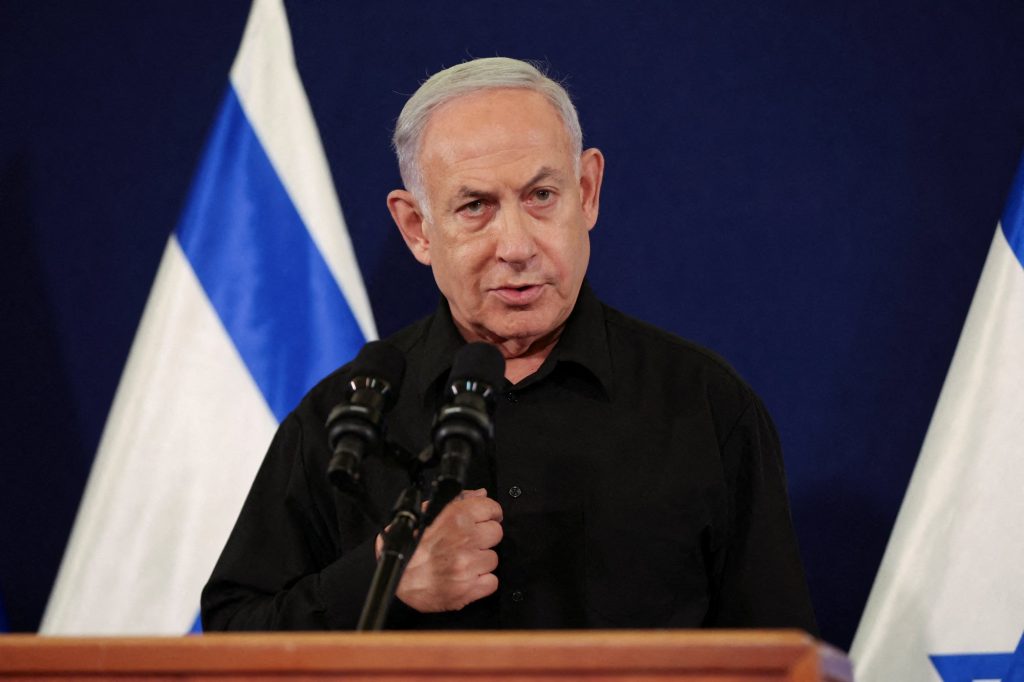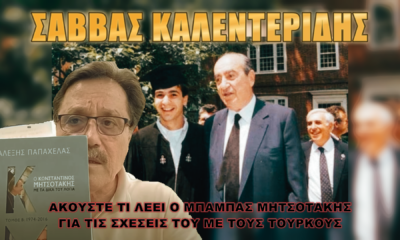The ISIS Ambassador to Turkey
March 18, 2019 Anne Speckhard and Ardian Shajkovci
In the complicated relationship between the government of Turkey and ISIS, it’s unclear how much of the relationship was direct and formal, as opposed to support coming from private individuals and entities in Turkey, or in response to the vast amounts of money ISIS had to spend on a network it deployed inside Turkey to receive and funnel foreign fighters, weapons, and medical supplies into its huge state apparatus. In any case, it’s clear that every state needs diplomats to negotiate political deals with the countries near its borders. ISIS, it seems, was no exception to this rule, as ICSVE researchers learned in a February 2019 five-hour interview with an ISIS emir, Abu Mansour al Maghrebi, who claims he essentially served as the ISIS ambassador to Turkey.
BAGHDAD, Iraq – “My job in Raqqa was dealing with the international cases,” Abu Mansour al Maghrebi recalls of his three years serving ISIS. “My issue [duties] was our [Islamic State’s] relationship with Turkish intelligence. Actually, this started when I was working at the borders,” he explains, harking back to the first job he undertook for ISIS before becoming an ISIS emir and, seemingly, their ambassador to Turkey.
Abu Mansour, an electrical engineer from Morocco, came to Syria in 2013. Like many foreign fighters we interviewed, he stated he came hoping to unshackle Muslims from dictatorial regimes and build an Islamic Caliphate ruled by Islamic ideals. He traveled from Casablanca, Morocco, to Istanbul, Turkey, and through the southern border of Turkey into Syria. His first stop was Idlib, Syria, just as hostilities between al Nusra and ISIS had begun. Abu Mansour ended up on the ISIS side of that rift and was assigned by ISIS the job of an intake official on the Syrian side of the Turkish border. His job was to receive the steady flow of foreign fighters streaming into ISIS via Turkey – many who shared his same dream.
“My job was to direct operatives to receive the foreign fighters in Turkey,” Abu Mansour explains, referring to the network of ISIS-paid people who facilitated foreign fighter travel from Istanbul to the Turkish border towns of Gaziantep, Antakya, Sanliurfa, etc. “Most of them were paid by Dawlah[ISIS],” Abu Mansour explains, but differentiates them from ISIS members, due to their non-ideological motivations. “Most of those working on the Turkish side, their goal is money,” he said. Although when asked about ISIS networks inside Turkey, he also admits, “Many in Turkey believe and give their bayat [oath of allegiance] to Dawlah. There are ISIS guys living in Turkey, individuals and groups, but no armed groups inside Turkey.”
In addressing the foreign fighters, Abu Mansour explains: “[They came from] different places, from North Africa mostly. The numbers of Europeans was not a big number, 4,000 total.”
“Tunis 13,000, 4,000 from Morocco. There were less fighters from Libya because they had a front there [in Libya], fighting less than 1,000. I’m just talking about up to 2015,” he adds. Not surprisingly, his figures confirm data collected on the origins and numbers of foreign fighters who joined ISIS – that the most came from Tunisia. It was interesting how he can rattle off the numbers.
“So, you were more than a simple clerk working in the ISIS reception center registering new recruits?” I ask, suspecting he was much more important than that, given his grip on ISIS statistics.
“[My job was] guarding the borders between Syria and Turkey and to receive the fighters,” Abu Mansour explains, smiling at being recognized as more powerful than he was originally conveying. “I oversaw reception at Tal Abyad, Aleppo, Idlib, all their borders,” he answers.
It’s clear he was in charge, so I ask him, “So, you were an ISIS emir?”
“Yes,” he admits, seemingly happy to be “caught out” and recognized for who he really was. “At the beginning I was registering people, then I became the supervisor. I was the emir.”
The ISIS Foreign Fighters
We discuss the women who came into Syria via Turkey. “The single females, they go directly to Raqqa to the centers for singles. Married women go to their husbands,” he explains. He states that those wives [couples] stay in the ISIS female guesthouses: “Since they are family, they are offered a place to live until their husbands finish trainings.” He is referring to the ISIS military and weapons training and the ISIS “obligatory shariah training” in which new male recruits are taught the ISIS takfir ideology, an ideology that justifies use of violence against those considered heretics or unbelievers, including against fellow Muslims.
Abu Mansour explains the format and nature of intake forms that were filled out at the ISIS reception area. “It was a form about experience, countries you visited, etc. I don’t remember it very well, but it was very detailed,” he explains. He further continues, “There were several people who came with higher education. We wrote his discipline, his studies, his languages. These things were recorded on my forms.” According to Abu Mansour, job placements occurred after another intake took place inside the training camps. “At those places, there were very trusted people running the ISIS offices of recruiting, so if you say you’re an engineer, they put you to that kind of job. It was an office of human resources management,” he states, adding, “but of course different, because in ours we also had, ‘I want to be a martyr.’”
Martyrs and Those Returning to Become Sleeper Cells
Asked to explain what happens to those who came saying they wanted to “martyr” themselves, he answers, “There are specific centers interested in these things.
Before 2014 and 2015, a high number of them were willing to martyr themselves.” Abu Mansour explains that those who came to die for the Islamic Caliphate were more plentiful in the beginning. “Approximately 5,000 came to be martyrs. I didn’t send them to the center,” he states, referring to where the would-be suicide cadres were isolated and encouraged on their death missions. He further continues, “I only record him and send them to the training camp. Then there is a center in Raqqa. There is a central management who control who is assigned where. That was not my job.”
According to Abu Mansour, the numbers of would-be “martyrs” went down as the Caliphate was in fact established. “It started to go down as Raqqa stabilized. [Then,] most came simply to live. It was a small ratio of those who came to martyr themselves.” Adhering to his uncanny ability to remember exact recruiting figures, he explains, “Before 2014, 50 percent came to martyr themselves. Then it went under 20 percent.”
“During 2014 and 2015, we had approximately 35,000 [foreign fighters who] entered,” Abu Mansour recounts. “After that I don’t know, but the numbers declined each year,” he continues. His numbers match those of experts who estimate at least 40,000 foreign fighters went to Syria, most ending up in ISIS.
Concerning those who were invited by the ISIS emni to train and return to their home countries to attack, as was revealed by
Harry Sarfo, an ISIS returnee incarcerated in Germany, and an
ISIS smuggler speaking to ICSVE in February, who detailed some of those operations, Abu Mansour explains, “We are the point of reception. It was not our job to ask if they will return to attack. That was Raqqa’s job.”
Although he confirms that it did happen. “There were some who invited others to go back home and attack, but it was not our job; we were reception,” Abu Mansour repeats. “It exists, but not all the people who returned home [are sleeper cells]. Many simply quit the job. Many people didn’t like the situation and left,” he clarifies, putting some myth to the statements made by some that a large portion of the ISIS returnees in Europe may be part of sleeper cells. “There was a central management in Aleppo and in Raqqa,” Abu Mansour states, adding, “I turned the passports to them. They were archived.”
Becoming an ISIS Ambassador
“I went to Raqqa after the coalition assault against the border,” Abu Mansour recalls. “Eastern Syria got stability in Raqqa, etc.” This was in 2015 and 2016. When we ask Abu Mansour if injured ISIS fighters were allowed to cross the border and receive medical care in Turkey, things suddenly take another twist, as we realize that Abu Mansour was not only an emir, but an ISIS diplomat.
“There were some agreements and understandings between the Turkish intelligence and ISIS emni about the border gates, for the people who got injured,” Abu Mansour continues. “I had direct meeting with the MIT [the Turkish National Intelligence Organization], many meetings with them.”
When we ask who exactly in the Turkish government was meeting ISIS members, he states, “There were teams. Some represent the Turkish intel, some represent the Turkish Army. There were teams from 3-5 different groups. Most meetings were in Turkey in military posts or their offices. It depended on the issue. Sometimes we meet each week. It depends on what was going on. Most of the meetings were close to the borders, some in Ankara, some in Gaziantep.”
When he mentions meeting Turkish government officials in Ankara, the capital of Turkey, we suddenly upgrade him in our minds to an ISIS ambassador, which is indeed how he was functioning. “I passed the borders and they let me pass. [At the border,] the Turks always sent me a car and I’m protected. A team of two to three people from our side were with me. I was in charge of our team most of the time.”
Abu Mansour, it seems, was meeting high-level officials in all the security branches of the government, negotiating deals. “The subject of common benefits is a big subject,” Abu Mansour states, adding, “It’s a new thing when you create a state and separate it from the outside world. The negotiations were not easy. It took a long time. Sometimes it was hard.”
“I am not the big guy you are talking about,” says Abu Mansour, demurring at the idea that he was an ambassador of sorts. He stated ambassador is not a term they would have used in the Islamic State. Yet, as he continues, we learn that his “diplomatic” reach on behalf of ISIS extended even to the president of Turkey himself. “I was about to meet him but I did not. One of his intelligence officers said Erdogan wants to see you privately but it didn’t happen.”
Abu Mansour explains, “I got my orders from the representative of the Majlis al Shura, from Mohamed Hodoud, an Iraqi. The individuals of the [ISIS] shura have the highest authority; they create a negotiation committee, and delegates.” In regard to Abu Bakr al Baghdadi, Abu Mansour admits, “I saw him for a short while,” which is more than most ISIS members can say of the elusive leader who hid himself from almost everyone we have managed to interview (n=141 ISIS cadres).
The Islamic State’s Usefulness for Turkey
We ask if this was a funding relationship. “There was no changing money between us,” Abu Mansour answers, and agrees it was a coordinating function – diplomacy where “both sides benefit.” The benefit to Turkey, according to Abu Mansour, was that “we are in the border area and Turkey wants to control its borders – to control Northern Syria. Actually they had ambitions not only for controlling the Kurds. They wanted all the north, from Kessab (the most northern point of Syria) to Mosul.”
“This is the Islamists’ ideology of Erdogan,” Abu Mansour explains, adding, “They wanted all of the north of Syria. That is what the Turkish side said [they wanted], to control the north of Syria, because they have their real ambitions. Actually, we talked about what Erdogan said in public [versus what he really desired.] This part of Syria is part of the Ottoman states. Before the agreement following the Second World War, Aleppo and Mosul were part of the Turkish Ottoman Empire. The agreement Sykes Picot [in which they lost these regions] was signed for one hundred years. In our meetings, we talked about re-establishing the Ottoman Empire. This was the vision of Turkey.”
Abu Mansour makes it clear that what he was told in his meetings with Turks was put forward as President Erdogan’s vision, but that it was not necessarily shared by all: “I cannot say that this is the vision of the whole Turkish government. Many are against interfering to bring this project to reality. They say we will try to defeat the PKK and Kurds. We are afraid of the union between Kurds and that they may make a Kurdish state, but they also expanded to Aleppo,” he adds regarding Turkish aspirations inside Syria.
Abu Mansour continues, “Since they are a NATO state they cannot make NATO angry against them. So, they cannot deal directly with the situation, but they want to destroy the Kurdish ummah, so they deal with the situation [via ISIS] and get benefits from the Islamic State.”
On the side of ISIS, he explains, “It’s a big benefit to Dawlah, as they could protect our back. Approximately 300 km of our border is with them. Turkey is considered a road for us for medications, food – so many things enter in the name of aid. The gates were open.”
However, on the subject of getting arms from Turkey, Abu Mansour clears the Turks of any guilt, stating, “No one can accuse the Turkish government that they gave us weapons, because we got weapons from different sources. Actually, we didn’t need to get weapons from Turkey,” he explains, noting that the Free Syrian Army soldiers would trade their weapons for a pack of cigarettes. “Anti-government Syrian people provided us with weapons; many mafias and groups traded weapons to us.”
“In Syria the oil was enough to pay for the weapons and everything needed,” Abu Mansour continues. “[Our oil revenues] were more than $14 million per month and half of this oil money is more than enough to pay for everything needed for our weapons expenditures.” When I remark on the huge amount of $7 million per month for weapons, Abu Mansour states, “It’s actually a small amount. Turkey sometimes opened an operation in which the management for one battle is $10 million.” When pressed for more figures on the total ISIS budget, Abu Mansour says he’s been in captivity for 1.5 years and doesn’t remember the total ISIS budget anymore. Yet it sounds like he once knew it well and in detail.
Negotiating for Crossing the Turkish Borders
“We negotiated to send our fighters to the hospitals [in Turkey]. There was facilitation – they didn’t look at the passports of those coming for treatment. It was always an open gate. If we had an ambulance we could cross without question. We could cross [into Turkey] at many places. They don’t ask about official identities. We just have to let them know.”
When asked to explain exactly how this occurs, Abu Mansour explains, “When the person gets injured, there is hospital in Syria, and this hospital sends him in a car to the border. There were ambulances on the Turkish side waiting for this person. There were doctors who disliked Bashar. They treated our guys. The MIT was made aware of every critical situation and they sent the ambulances to the border. There were also hospitals close to the border. Those who received critical care were treated there and they [the MIT] sent the others all over Turkey depending on their needs. There were very interested doctors, Syrian and Turkish, who wanted to help. So, if there were not facilities to serve them on the border, they would be sent further into Turkey for this.”
We ask who paid the medical bills. “Dawlah [ISIS] paid for the treatments, but some Turkish public hospitals took these fighters for free. It was not only for our fighters but also for the victims of bombings. I don’t know how many were treated in Turkey, but it was routine,” Abu Mansour explains, adding that it was not his area, so he doesn’t have the figures on that. “I just know this agreement to open the gates for our wounded and that there were ambulances sent for them. It was a ‘state-to-state’ agreement regarding our wounded. I negotiated these agreements. For the wounded, medical and other supplies to pass, and I negotiated about water also, the Euphrates.”
Negotiating for Water
The water issue was crucial for ISIS, actually, allowing them to have water for farming and to generate electricity through dams. “Actually, we [Syria] had an agreement with Turkey for 400 cubic meters per second [of water] into Syria. After the revolution, they started to decrease the quantity of water to 150 cubic meters per second. After our negotiations [in 2014] it returned to 400. We needed it for electrical power and as a vital source of living. Even water we cannot keep it, it passes to Iraq also,” he explains. “But the importance of water [cannot be understated]. We don’t need to generate electricity through the dams. We could have another source [i.e. petrol], but we need water for farming. There are three dams. The biggest is Tabqa dam. Actually, at 150 cubic meters, we could generate some electricity, but if the level of the lake reached 5 meters it would not work.”
“It took a long time to negotiate,” Abu Mansour explains. When asked what ISIS gave in return for water, he answers, “There is the most important benefit – their country will be safe and stable.” We ask if he means that ISIS agreed not to attack inside Turkey.
“In negotiations I could not say I would attack Turkey. This is the language of gangs, but I would say we will try to keep Turkey from the field battle, we will not see Turkey as an enemy. They understood what we are talking about. We said many times, ‘You are not our enemy and not our friend.’”
Abu Mansour explains that ISIS dealt both with Turkey and Assad’s regime to manage the Tabqa dam as well as other resources under their control. “At the end when Raqqa was encircled, the coalition forces tried to control the rooms for the dam. There was no control. All the gates were closed and the level of water rose. Rumors were that it would burst, but this was not technically true.” To fix the issue ISIS sent for Assad’s engineers to try to manually open the gates. “About these engineers, this is a company that belongs to the Assad regime. When he tried to fix the gate and open it manually, he was hit by the coalition forces. He died in Raqqa.”
Oil Sales
Regarding the sale of ISIS oil, Abu Mansour admits, “Most of the Syrian oil was going to Turkey, and just small amounts went to the Bashar regime.” Abu Mansour claims he did not need to negotiate these sales directly with the Turkish government officials as “this happened spontaneously.”
“There are many traders to do that and Turkey was the only market in which to send oil. Their traders paid for the oil that went into Turkey,” he explains making clear that although Erdogan’s son is believed to have been enriched by ISIS oil, that the deals occurred via middle men. “Oil that went to the Syrian government – some went by pipes, some by trucks. Oil sent by Dawlah [ISIS] to Turkey was arranged by traders from Turkey who came to take the oil with our permissions. Traders came from the Syrian side also.”
Negotiating for the Release of Turkish Diplomats, Soldiers and Citizens
When asked about the negotiations for the release of the Turkish diplomats and workers after ISIS took Mosul, Abu Mansour explains, “The negotiation happened in Syria. Actually, [ISIS] entry in Mosul was not a surprise takeover in one day. It took many days, but I think the Turkish government told their consul not to leave Mosul. Many Turkish truck drivers were also in Mosul at that time. They were not in danger, but there was a negotiation to release them. Islamic State made demands as well. It took time.”
“We didn’t ask ransom for the consul employees, we asked for our prisoners. MIT knows their names.” For the consul employees, “approximately 500 prisoners were released from Turkey, and they came back to Dawlah,” Abu Mansour explains.
In regard to the soldiers guarding the tomb of Suleyman Shah that Turkish soldiers had permission to guard inside Syria, which was taken by ISIS in 2014, Abu Mansour states, “It wasn’t liberation of their soldiers. They had 45 guards that they changed every 6 months. They changed at the time of FSA [being defeated]. Turkey made it look like they got liberated [when ISIS took over] but it was really just the change of guards. [Likewise,] at that time we didn’t want to open problems with Turkey. It would have been an obstacle to our work, so we gave them back.”
Turkey’s Double Game with the West
According to Abu Mansour, in 2014 Turkey was trying to play a double game with the West: to allow foreign fighters into Syria but make it appear as though they were taking measures to prevent it. “Turkey wanted to make it easy for foreign fighters to cross the borders,” Abu Mansour explains. “They just want to control, they need to be known, and how they enter, so they ask me to tell who has entered and where. Actually, the Turkish side said, ‘You should reduce, change the way you do it, the way you cross. For example, don’t come with a group to enter because it’s clear that a bunch of people entered. Enter only specific gates. Come without any weapons. Don’t come with long beards. Your entry from north to south should be hidden as much as possible.’”
“For example, the EU guys were very distinguished with their beards so they should come at night and cross, and they should not come in groups as before, to hide it. For Europeans, it depends on the person. If he can mix with Syrians he can come without being noticed – the Arabs, they can enter normally.” We didn’t ask Abu Mansour if the European Arabs were given fake Syrian passports to enter, but we did learn from other ISIS
members we have interviewed that fake Syrian passports were provided by ISIS operatives to Europeans and others while still in Istanbul. Likely, these are the persons Abu Mansour is saying could enter normally through the border gates as they could easily pass for legitimate entries from Syria into Turkey by appearance and documentation.
“[In 2014,] they opened some legal gates under the eye of Turkish intel that our people went in and out through,” Abu Mansour explains. “But, entry into Syria was easier than return to Turkey. Turkey controlled the movements.”
For those who could not pass as Syrians legally crossing into Syria, Abu Mansour explains that they used “specific ways provided by smugglers” and that “of course Dawlah pays them.” He also notes that when smugglers worked for years, “of course they are recruited to [Turkish] security services, too.” Yet these persons were never completely trusted by ISIS as they were in it for the money only. “The smuggler is like a trader, a guy with a taxi – you pay him, but you don’t trust him. He isn’t necessarily loyal, [he has] maybe some sympathy to the Syrian side.”
An ISIS Ambassador in Ankara
“Our negotiations took place one time in Syria, second time in Turkey and so on, [back and forth],” Abu Mansour explains, and most often “near the borders, close to the official gates.” However, in 2016, Abu Mansour was asked to present himself in Ankara and stay for a few weeks. “They asked us to stay for a while in Turkey, perhaps to meet with President Erdogan. At this time in 2016, before the military assault on Manbij between June to September 2016 (May to August 2016), Turkey was trying to withdraw from the Islamic State. I went to stay in Ankara.”
Suddenly terrified at the idea that we could have been at the same hotel in Ankara during one of my many visits there, I ask him with horror filling my voice where he stayed. “There was a private guest hotel, an intelligence guest house. I think I was in the specific place of their headquarters office, or maybe it’s a crisis cell. I stayed one week.” Still fixated on the chance that I could have unknowingly crossed paths with an ISIS emissary in Turkey, I ask if he went out on the town during the days or at night. “They do not refuse if I ask to go out. I was under their protection. They also suggested if I want to take one week for rest here that I could.” Indeed, we could have crossed paths…
Negotiating a Buffer Zone
“There were ups and downs with Turkey,” Abu Mansour states. Likewise, there were factions inside ISIS that didn’t agree with one another. “After the Manbij events there were many changes and there was always internal conflict in the Islamic State. Turkey asked us many times for a separate area between Turkey and Syria for a safe zone. They wanted 10 km for Syrians to live but under control of Turkey.”
It’s interesting to note that even ISIS was considered a danger to the Turks, as they now claim the Syrian Kurds are. “Turkey wanted us to move 10 km back from the borders so the danger from Turkey is removed. They wanted it to be under control of Turkey and no aviation above it. This was for an area 60 km long and 10 km wide.”
ISIS Attacks in Turkey
We ask him how things went wrong with Turkey – that ISIS began attacking at the airport and at the Reina nightclub and on the streets in Ankara and Istanbul. “The operation of bombing in Turkey was not political. I was in Turkey and they thought I have a link with these things. I was in Gaziantep when the [Istanbul] airport was attacked,” he replied. “When those things happened, they thought it was something prepared from the political side of the Islamic State, but that’s not logical. We are there and attacking them?”
“It was directed from Raqqa,” Abu Mansour explains. “The ISIS external emni ordered it. And I think that there were Turkish MIT guys inside the external emni. I suspected that the striking at the airport was not for the benefit of IS, but Turkish groups of IS who wanted to strike Turkey, or they were affected by other agencies that don’t want a relationship between Dawlah and Turkey. It makes no sense, otherwise, because most of our people came through that airport. These orders for these attacks in Turkey were from those MIT guys inside Dawlah but not from our political side. They didn’t want to destroy Erdogan, just change his road in the matter of the Syrian issue. They wanted him to use his army to attack Syria, and to attack Dawlah. The airport attack makes a good excuse for him to come into Syria.”
“It’s not a conspiracy theory,” Abu Mansour insists, telling us that when he was imprisoned in YPG prisons, before being moved to Iraq, he heard “that the Turkish government, after they were in Raqqa, took 40 persons out that were part of Turkish security agencies.”
While what he heard could be true, it doesn’t mean that these Turkish intel actors were working withISIS. They may have been Turkish intel planted inside the organization to keep tabs on it. Yet, Abu Mansour insists that Turkey, and President Erdogan with his “Islamists’ aspirations” was working hand in glove with ISIS and reminds us, “If you go back to Erdogan’s history, in 83 to 87, he was a fighter in Afghanistan. This stuck with him.”
Dashed Dreams of an Islamic State
Abu Mansour’s journey started in Morocco when he was a young man and where he first watched the 9/11 events from afar and suddenly began to feel that if he wasn’t with them, as U.S. President Bush stated, he was against them – that Muslims in the world needed to unite and resist dictators and world powers, like the U.S.-led coalition that invaded foreign countries. “After I heard George Bush say it’s you are with us or against us – when I heard that [and saw his invasion of Iraq] I searched for who stands up for the Muslims.”
Abu Mansour began following the actions of leaders of al-Qaeda in Iraq, Abu Musab al Zarqawi, and learning militant jihadi teachings over the Internet. “The invasion of Iraq affected deeply in the heart of Muslims more than Afghanistan,” he explains. “We start to build ourselves at that time. We know that we are fighting very smart people and we have to prepare very well. Those groups who chose the resistance [in Morocco] would start and then they were captured, which made me to be very alert, and very patient to chose when to resist.”
Abu Mansour waited until 2013, when he became convinced that the time was right and an Islamic State could be created in Syria, at which time he was already fully committed to come and help bring it to fruition. “We were searching for the identity of Muslims, to protect Muslims and to be freed to do our Islamic duties. There was no desire to fight, no tendency to kill or revenge, just to free ourselves from dictators. I use the weapon to prevent harm by others and all that is taken by force should be regained by force,” he explains. “All these government regimes, we were forced to follow, we didn’t chose them.” Indeed.
Now imprisoned, he has had time to reflect on whether or not the dream of a just and good Islamic State is even possible and if ISIS had any chance of bringing it to reality.
“Today I feel really tired,” he confesses. “It’s not like you see it. Most were not educated people in IS. Most have some reasons for joining, how they collect them to make this state, who collects them, the matter is really strange,” he reflects, sadness filling his eyes. “While we came to save Muslims from the authoritarian control of the Syrian regime and to build these things [the ISIS dream,] we were shocked and we fell into the same that they were in. There are many people in authority in the Islamic State that are dictatorial. Sometimes I feel like we were used like a paper burned and discarded. We tried to remove Assad and replaced with worse than Assad.”
“The practices used against the Syrian people, it was very violent. The people under the authority of IS, they don’t care about the education system. They just wanted to extract the oil, etc. They didn’t give thought to the poor people, to enhance their life levels, to be taken care of. Likewise, under Bashar, the Ba’ath Party regime has a very violent security agency, but ISIS built worse than this – the emni security system. Also, they divided the people into fighter and non-fighters, and the fighters were not punished like they punished the others,” he said.
“In Raqqa there were bodies on the roads in different places, actually when you pass through the squares and roads you see hanging bodies. There were hangings, torture with electricity… They are not good people. They try to take benefit from their places. Each one has a desire to control.”
“My search was not for power, or getting authority or ruling,” Abu Mansour claims, and he may be speaking honestly. Once representing ISIS as an ambassador, representing a short-lived, but powerful state, he is now powerless, sitting in an Iraqi prison, facing a death sentence – his dreams dashed completely.
Special thanks to the Iraq Counter Terrorism Services, ICSVE’s partner in Iraq, supporting ICSVE’s research on behalf of our Breaking the ISIS Brand Counter Narrative Project.
Anne Speckhard, Ph.D., is Director of the International Center for the Study of Violent Extremism (ICSVE) and serves as an Adjunct Associate Professor of Psychiatry at Georgetown University School of Medicine. She has interviewed over 600 terrorists, their family members and supporters in various parts of the world including in Western Europe, the Balkans, Central Asia, the Former Soviet Union and the Middle East. In the past two years, she and ICSVE staff have been collecting interviews (n=101) with ISIS defectors, returnees and prisoners, studying their trajectories into and out of terrorism, their experiences inside ISIS, as well as developing the Breaking the ISIS Brand Counter Narrative Project materials from these interviews. She has also been training key stakeholders in law enforcement, intelligence, educators, and other countering violent extremism professionals on the use of counter-narrative messaging materials produced by ICSVE both locally and internationally as well as studying the use of children as violent actors by groups such as ISIS and consulting on how to rehabilitate them. In 2007, she was responsible for designing the psychological and Islamic challenge aspects of the Detainee Rehabilitation Program in Iraq to be applied to 20,000 + detainees and 800 juveniles. She is a sought after counterterrorism experts and has consulted to NATO, OSCE, foreign governments and to the U.S. Senate & House, Departments of State, Defense, Justice, Homeland Security, Health & Human Services, CIA and FBI and CNN, BBC, NPR, Fox News, MSNBC, CTV, and in Time, The New York Times, The Washington Post, London Times and many other publications. She regularly speaks and publishes on the topics of the psychology of radicalization and terrorism and is the author of several books, including Talking to Terrorists, Bride of ISIS, Undercover Jihadi and ISIS Defectors: Inside Stories of the Terrorist Caliphate. Her publications are found here: https://georgetown.academia.edu/AnneSpeckhardWebsite: and on the ICSVE website http://www.icsve.org Follow @AnneSpeckhard
https://www.hstoday.us/subject-matter-areas/terrorism-study/the-isis-ambassador-to-turkey/

